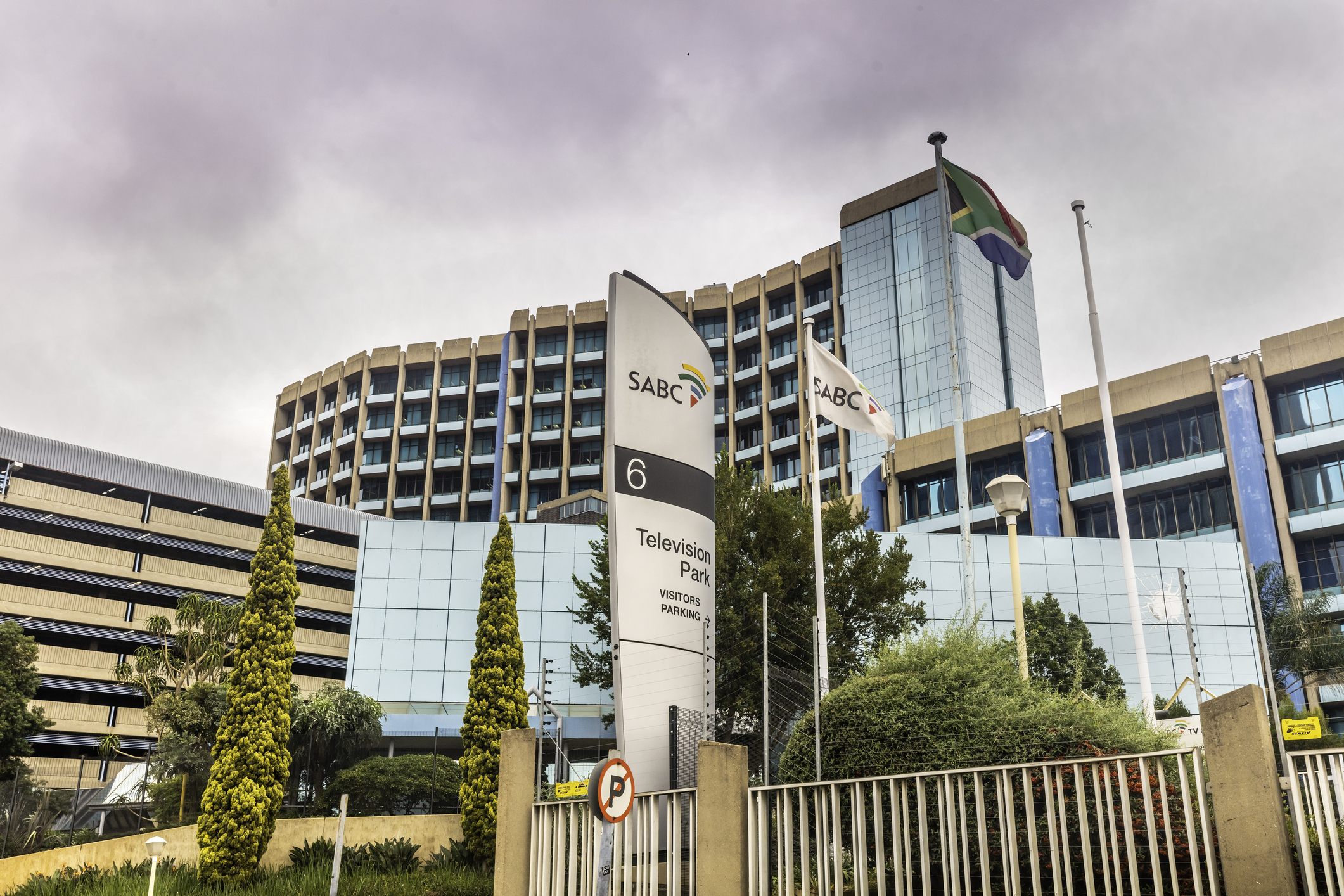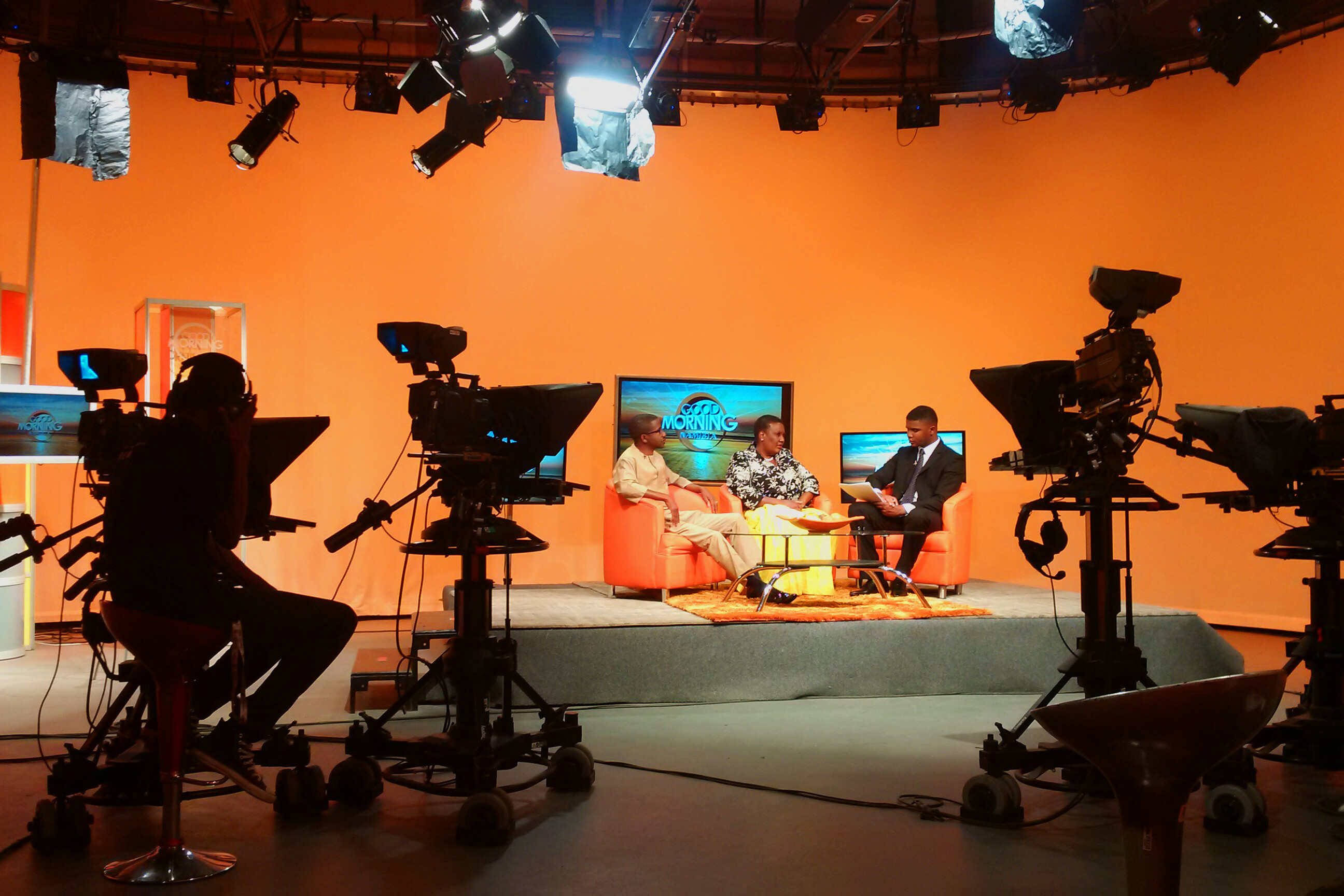2022 is revealing itself to be yet another testing year for independent media in Africa.
With ongoing protests and several elections scheduled to take place in the region, journalists are continuing to face threats and challenges to their safety. But some gains have been made for media freedom, and as public media continue to prove their value to society, there have been some innovative ideas emerging.
Journalist safety
There have been several reported attacks against journalists across the region while covering protests over the past month. RFI journalist Mathieu Galtier was among several journalists to be “brutally attacked” by uniformed police while filming a demonstration in Tunisia’s capital city Tunis, despite being clearly identifiable as a journalist. Galtier’s phone and press card were taken but have since been returned without the memory card.
La place de l’horloge vide apres les canons à eau pic.twitter.com/EDepoipCJJ
— Mathieu Galtier (@mathieu_galtier) January 14, 2022
@RFI condamne avec force l’agression policière dont son correspondant @mathieu_galtier a été victime hier à Tunis, alors qu’il couvrait une manifestation pour le journal français @libe. La Direction de @RFI lui apporte tout son soutien dans cette épreuve. pic.twitter.com/rzggdZ3wqP
— RFI – Relations Presse (@RFI_Presse) January 15, 2022
Media workers covering the ongoing protests against Sudan’s military rule in Khartoum have also been arrested and assaulted. This includes a BBC Arabic team that was arrested and taken to an unknown location on 7 February and released hours later. On 16 January, authorities revoked Al Jazeera Mubasher’s broadcast licence, citing unprofessional coverage that may harm “national security”.
Journalists working for Angola’s public media were also physically and verbally assaulted and forced to flee while reporting on a nationwide strike by taxi drivers on 10 January. “Public media journalists are increasingly becoming the targets of people’s anger because of the perceived bias toward the government and ruling party”, the secretary general of the Journalists Syndicate, Teixeira Cândido, told CPJ.
A harrowing milestone was reached in January for Amadou Vamoulké, journalist and former head of Cameroon’s national radio and TV broadcaster, CRTV, who has now been imprisoned for more than 2000 days. He was arrested in July 2016 on charges of misusing public funds as director-general of CRTV. Following 90 trial adjournments, Mr Vamoulké has never officially been convicted. No evidence nor witnesses have ever come to light. RSF claimed “this case has also broken all records for the longest detention of an African journalist”. The 72-year old’s health is of particular concern.
Media freedom
The Media Institute of Southern Africa (MISA) has expressed concerns about escalating media freedom violations in Zimbabwe ahead of its by-election in March. Tabani Moyo, National Director of MISA Zimbabwe, sent a letter to Ms Adelaide Chikunguru, the CEO of the Zimbabwe Broadcasting Corporation (ZBC) on 21 January. Mr Moyo requested details of the public broadcaster’s plans for fair and balanced coverage of the upcoming election, citing critiques about their biased coverage in previous elections.
There are also increased concerns for Angola’s declining media freedom as the country approaches a general election later this year. Recently, private television channels have been banned, while journalists were arrested in 2020 while covering protests.
Meanwhile, in Tunisia, the state television has been condemned for its decision to reportedly ban all political parties from “entering its buildings or taking part in talk shows”. This has been the case since July 2021 when President Kais Saied seized power, a move which Al Jazeera stated is “a serious setback for press freedoms”.
South Africa’s public broadcaster, SABC, recently dismissed its head of news, Ms Phathiswa Magopeni “with immediate effect”, citing a breakdown of trust. The decision came after Magopeni was found guilty of misconduct for violating a court order by failing to appropriately prevent the broadcast of an indicted episode of an investigative programme. The SABC’s decision was met with growing concerns from press unions and media advocacy groups over the public broadcaster’s independence and credibility. Some believe that Magopeni’s dismissal is due to “political pressure”.
Read more: SABC Head of News dismissed
Yet while the state of media freedom in Africa appears bleak, there have been some notable gains. A committee is being established to turn the Democratic Republic of Congo’s (DRC) state-owned radio and TV broadcaster RTNC into a real public service media. The transition was recommended during a convention on improving journalism in the Democratic Republic of Congo.
Meanwhile, the Supreme Court of Sudan overturned the dismissal of 79 public media workers who were dismissed on 10 December 2020 “due to alleged loyalty to the regime of former president Omar Al-Bashir”, according to the IFJ. The journalists of the National Authority of Radio and TV were not given the opportunity to defend themselves against the accusations and claimed that it was an act of intimidation against media workers. The Supreme Court called the layoffs “illegal” and ordered the reinstatement of the public – and private – media workers.
Funding
In the past week, several news outlets reported predictions that a new TV licence tax could be introduced for South Africa. In recent months, the public broadcaster has pushed for this potential funding model reform in efforts to seek more sustainable revenue. SABC’s TV licence evasion rate stood at more than 80% in 2021. SABC’s financial woes, like CRTV, NBC and several other public media organisations in Africa, were exacerbated by the COVID-19 pandemic, mainly due to declining advertising revenues.
Read more: SABC’s financial and editorial pressures resurface
Elsewhere, upon his departure as director of digital and TV services at ZBC, Gilbert Nyambabvu criticised the public broadcaster’s funding model. He bemoaned the lack of compliance to pay the licence fee, and how its public utility content has little prospect of attracting advertising.
Read more: PSM Unpacked: PMA hosts roundtable on commercial funding for public media
Innovations
Despite financial and editorial challenges, some of Africa’s public media organisations are still finding ways to maintain relevance by embracing digital technologies and collaborations.
Countries across the region have been gradually migrating from analogue to digital television broadcasting as part of a drive to enhance social and economic development. Director-General of the Ghana Broadcasting Corporation (GBC), Professor Amin Alhassan, will share the lessons that Ghana has learned from undergoing its digital migration in an industry convention in March. GBC has also been expanding efforts to revamp its infrastructure and continually train staff and improve content across its regional stations to meet the demands of its audiences and remain competitive within Ghana’s media market.
According to SABC, “there has been considerable progress with regards to the SABC’s technological renewal plans”, which align with its digital migration strategy. Its video streaming service is due to launch next month, which it plans to compete with streaming giants like Netflix and Spotify. Content digitalisation, a renovated Enterprise Digital Library and an Internet Protocol (IP) are also underway.
The CEO of Eswatini’s national broadcaster, Kenneth Maziya, met with NBC’s Director-General Stanley Similo last month on a two-day delegation to exchange ideas on TV licence collection. The contract for the collection agency for the Eswatini TV licence fee expires on 31 March. During the meeting, Similo explained, “It’s a task of where you must get into the hearts and minds of those that are watching your offering and with the competition also that is around us, these things make it extremely difficult.”
Meanwhile, in January, three of GBC’s correspondents received awards for their contributions to community development and supporting mental health awareness in Ghana.
In other news…
- The government of Tanzania recently lifted a ban against four newspapers. It comes as the Eastern African Editors Society decides to hold this years’ World Press Freedom Day activities in Tanzania
- Deutsche Welle has written about the challenges its journalists and other outlets face while reporting on the Tigray conflict in Ethiopia, which commenced on November 2020 and has deepened an information vacuum. “Despite the scale of the crisis, comprehensive reporting on the conflict has been made nearly impossible. No foreign journalist has set foot in Tigray for more than six months.”
- An International Press Institute briefing has shed light on the harassment that journalists face by governments and military coups in West African countries, “especially those reporting on anti-coup dissent.”
- There has been a spread of disinformation about COVID-19 across social media, which DW reported is fuelling mistrust in vaccines in African countries.
Header Image: Set of NBC’s Good Morning Namibia. Credit: PMA
Related Posts
30th November 2021
PSM Unpacked | Commercial funding for public media
In our first PSM Unpacked roundtable,…
8th November 2021
Beyond the licence fee: more PSM considering new funding models
The licence fee has remained a popular…



